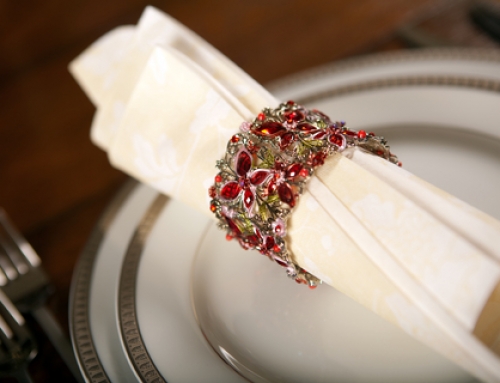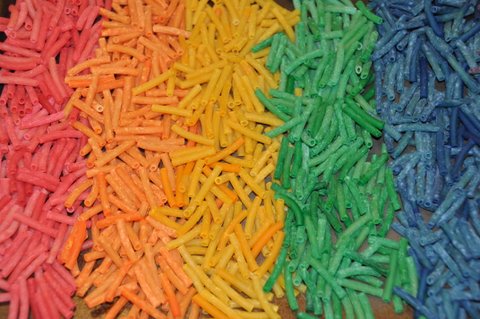In this week’s parsha, we encounter Avraham. There is so much we can learn from Avraham, even though sometimes we imagine him to be larger than life! Let’s look at some of the stories, trials and tribulations from this week’s parsha and ask ourselves:
1. Do you have (or have you had in the past) some form of a similar experience in your life?
2. How do you think Avraham felt and what would YOU have done?
1 – Avraham is told to leave all of his family in order to go to Eretz Canaan (i.e. Israel) in order to build a special relationship with God and be created into a nation.
What do you think Avraham told his family, neighbors and friends as he was packing?
Do you know someone who left family and friends to move to Israel? Why did they go? What would you do if God asked you to go somewhere?
2 – In Chapter 15 we are told that God promised Avraham a great big nation and then in the next chapter, we read that Sarah couldn’t have children. What do you think Avraham thought if God promised something and then it wasn’t coming true?
Have you ever been frustrated when something’s not happening the way you thought it would? Here, Avraham did everything God had ever asked him to do and now he wasn’t getting the one thing he wanted most – a child!
What do you imagine Avraham thought about the future and God’s promise?
3 – Avraham was famous for being so welcoming and inclusive, and then in Chapter 17, God tells Avraham he has to be different and look different by performing a circumcision, a brit milah.
Do you think Avraham felt upset about making himself stand out? Have you ever had to step back from a group and look or be different? What do you think God’s lesson for Avraham was?
Let us all take a moment and “thank Avraham” for the lessons he taught us – perhaps everyone at the table could name one way in which they will try to be like Avraham this week. What other stories in this week’s parsha show you what an incredible man Avraham was? Remember: we all have some of him in each and every one of us, since he was our great-great-great-great-great-great-great- (etc. etc.) grandfather.








Leave A Comment